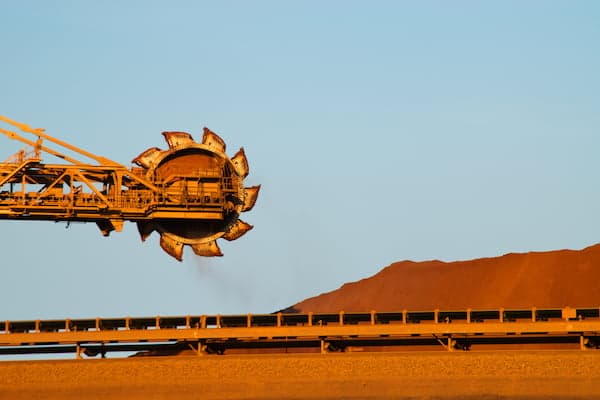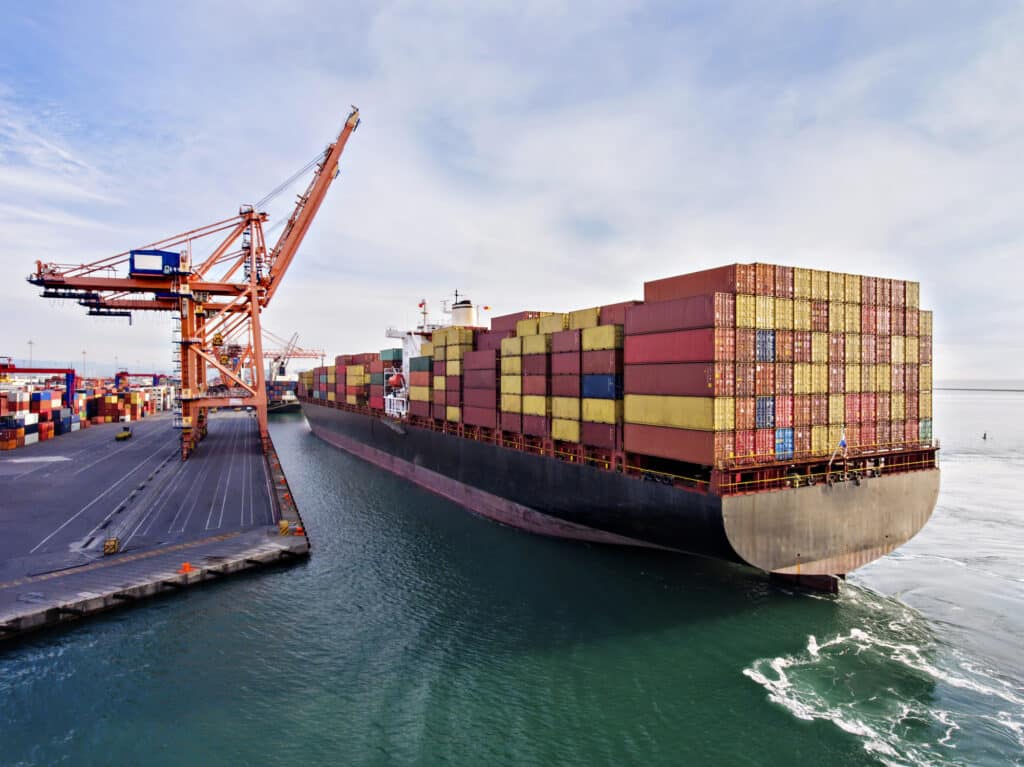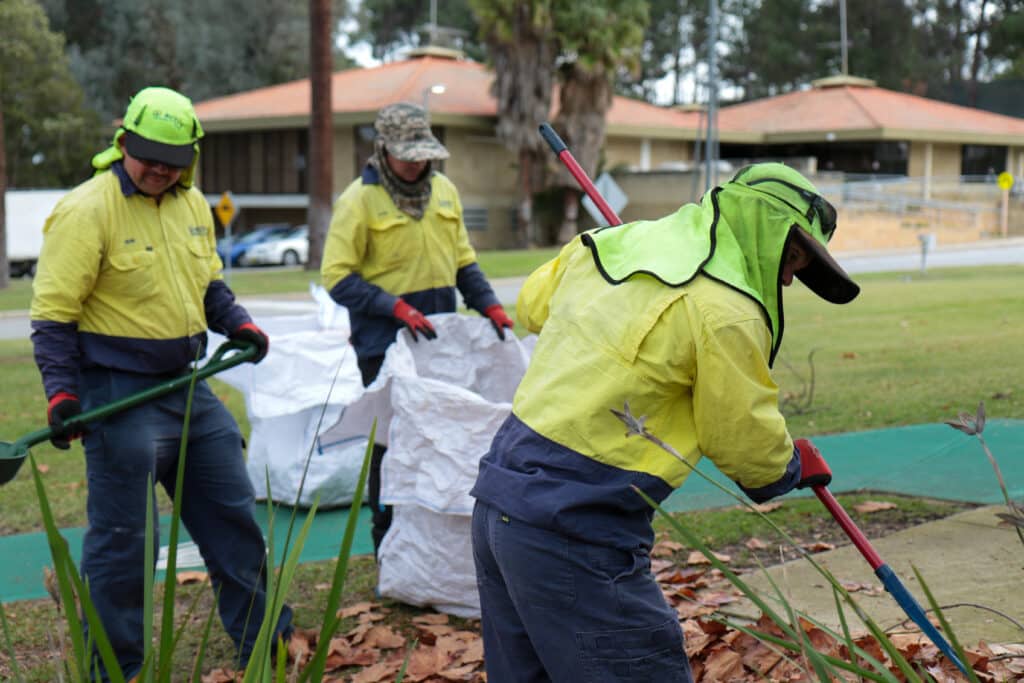Prime Minister Anthony Albanese’s meetings with Chinese President Xi Jinping in Beijing, as part of a broader visit to China over July 12-18, have signalled a stabilisation in Australia-China relations, potentially unlocking new opportunities for Western Australian businesses.
Described by the Prime Minister as “very constructive” engagement, the visit was part of a broader effort to restore economic and diplomatic ties after years of tensions that saw tariffs, investment scrutiny and political stand-offs disrupt trade between the two nations.
“We will cooperate where we can, disagree where we must and engage in our national interest,” he said at the end of the visit.
President Xi was similarly optimistic, saying the China-Australia relationship had recovered and “turned around”.
“The most important thing we can learn from this is that a commitment to equal treatment, to seeking common ground while sharing differences, pursuing mutually beneficial cooperation, serves the fundamental interests of our two countries and two peoples,” President Xi said after his first meeting with Prime Minister Albanese.
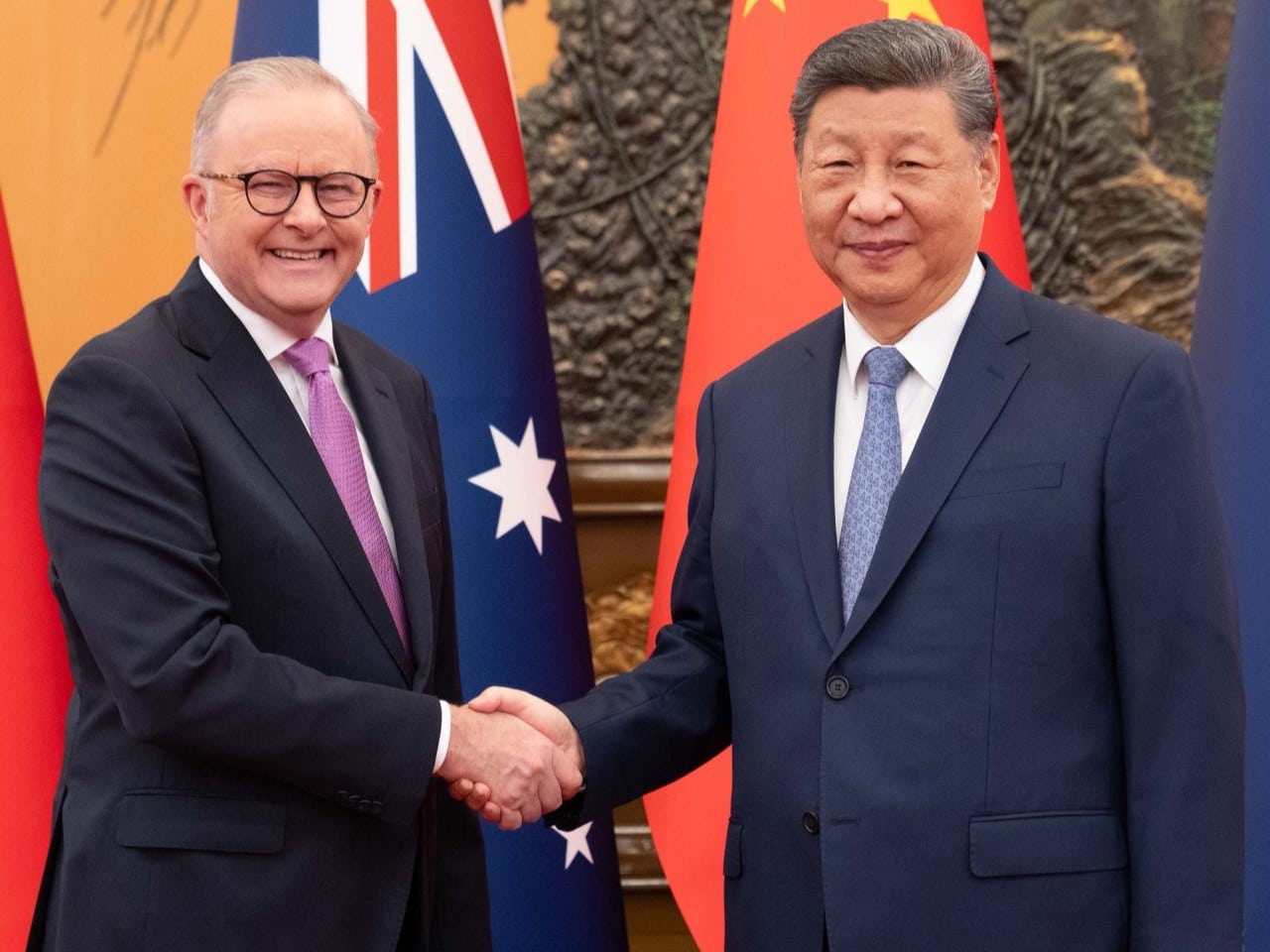
Key outcomes for trade and business
Trade was central to discussions, with both leaders agreeing to continue strengthening economic cooperation.
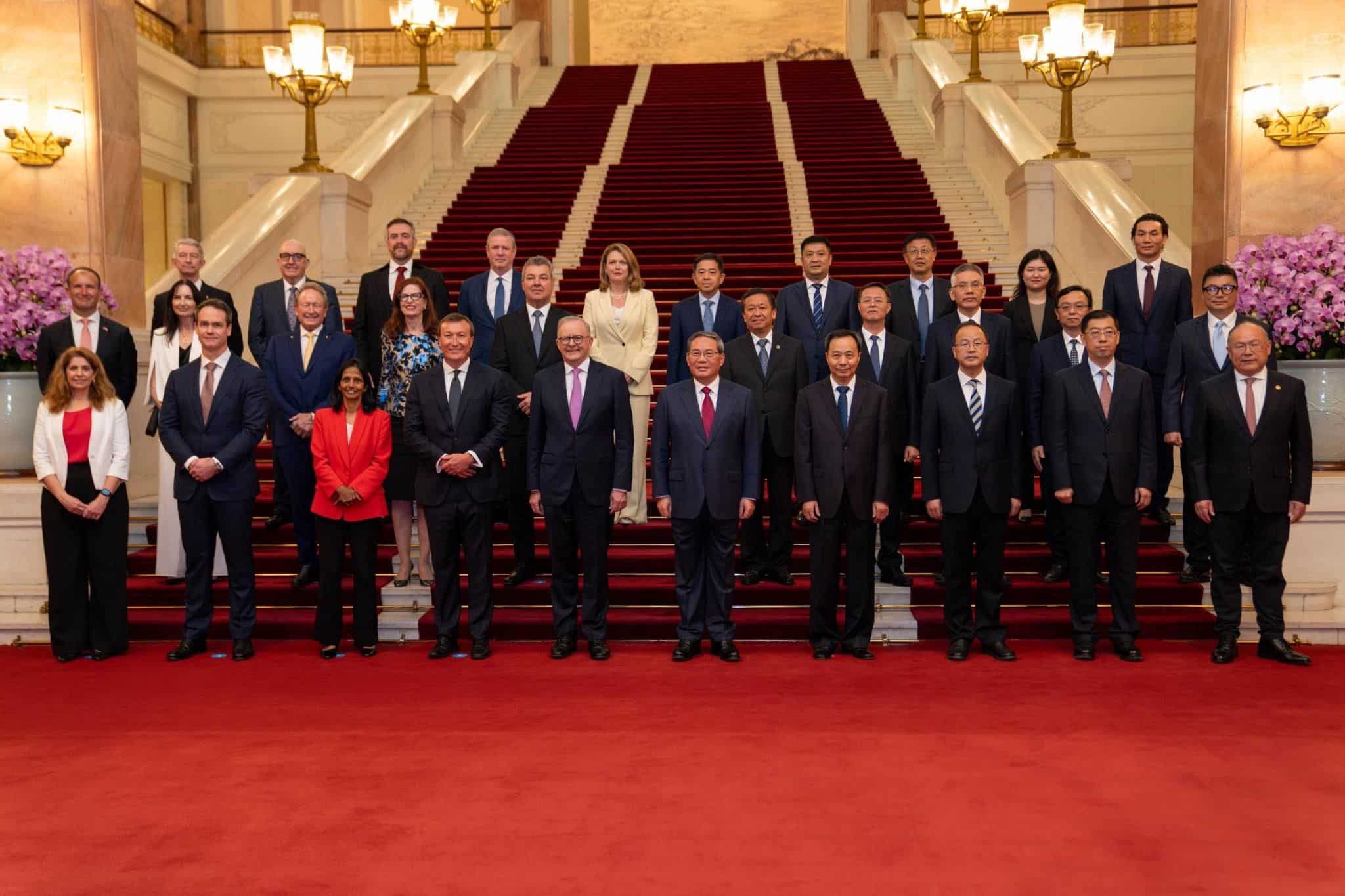
CEO roundtable in Beijing
The two governments committed to progressing work on a bilateral Steel Decarbonisation Policy Dialogue, as China seeks to lower emissions from its heavy industries and WA continues its push into green steel and critical minerals.
Several sector-specific agreements were reached across agriculture, tourism and customs cooperation, alongside a recommitment to the Australia-China Free Trade Agreement.
Chinese Premier Li Qiang also raised concerns over Australia’s foreign investment regime, calling for a “non-discriminatory business environment” for Chinese investors.
Albanese defended the current system, saying foreign investment reviews were “based on the national interest”.
The visit included meetings with Premier Li as well as Chairman Zhao Leji.
In Beijing, the Prime Minister joined a roundtable with Australian business leaders, including executives from BHP, Rio Tinto and Fortescue, who met with major Chinese steelmakers to discuss trade and decarbonisation.
What it means for Western Australia
China is WA’s largest trading partner, accounting for more than half of the State’s exports, particularly iron ore.
Any diplomatic progress with Beijing is therefore closely watched by WA businesses, particularly in resources, tourism and agribusiness.
CCIWA Head of International Trade Services Michael Carter said balance is key in navigating today’s global trade environment.
“WA businesses should continue strengthening ties with China but also build flexibility into their operations and diversify their trade and investment relationships to manage ongoing geopolitical risks,” he said.
Trade in iron ore and green steel
The steel decarbonisation dialogue presents a strategic opening for WA. As the world’s largest iron ore exporter, WA is well-placed to support China’s transition to greener steelmaking through low-emissions ore processing, hydrogen and magnetite projects. For local miners and METS businesses, this signals demand for innovation, collaboration and long-term supply partnerships.
Critical minerals and clean energy
China’s growing appetite for battery minerals and clean energy inputs – including lithium, nickel, rare earths – aligns with WA’s capabilities. Improved diplomatic ties could attract Chinese investment or offtake interest in WA’s emerging projects, though Foreign Investment Review Board (FIRB) scrutiny will remain a consideration.
Agribusiness and regional exports
China’s agreement to improve customs inspection protocols could streamline agricultural exports, boosting market access for WA producers. Sectors such as wine, seafood and grains –previously affected by Chinese trade restrictions – may benefit if barriers continue to ease.
Tourism and people-to-people links
A renewed focus on tourism could also revive WA’s international visitor numbers, particularly from China, which was the State’s largest inbound market pre-COVID. Perth’s position as a gateway city gives WA a competitive edge in the recovery of two-way travel, education and business events.
Investment climate
While Chinese interest in WA assets has remained high, regulatory uncertainty – especially around critical infrastructure and defence-related sectors – has continued to temper inbound capital. Businesses seeking Chinese partnerships should remain alert to FIRB rules and geopolitical developments.
Strategic caution still required
Despite the positive tone, Albanese raised defence and regional security concerns during the visit, including the lack of notice ahead of Chinese naval exercises near Australia and growing tensions in the Taiwan Strait.
Looking ahead
China’s Premier Li has accepted an invitation to visit Australia in 2026, and the upcoming review of the free trade agreement could present additional reforms to benefit WA exporters.
Albanese’s China visit may not reset the relationship entirely, but it marks a clear shift towards cooperation.
CCIWA’s International Trade Services team helps businesses reduce the time, cost and risk of going global.
Contact the team for a free consultation on 08 9365 7620 or via [email protected].




